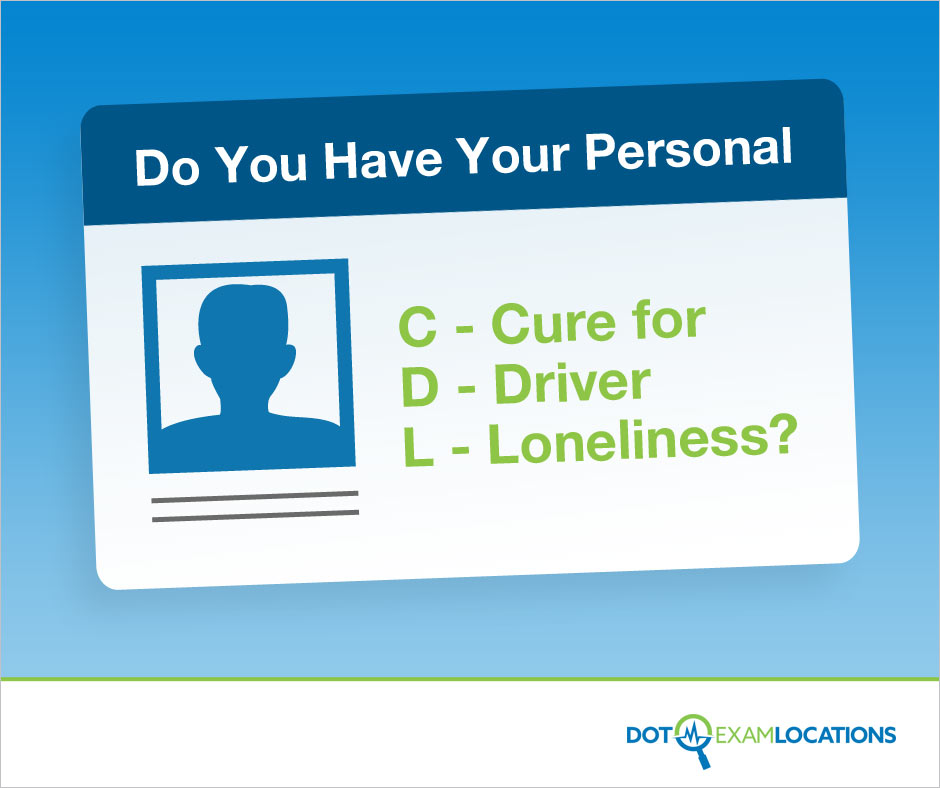Life As A Truck Driver: Balancing Family With Life On The Road

1. Take pictures—lots of them.
As a truck driver, you meet people and experience parts of the country that most people don’t. Why not make your family a part of your trips by taking pictures and videos of the gorgeous landscapes you cross?
Snap a quick video of that funny-looking guy at your last rest stop who told you all about his life.
If you have a smartphone, you can easily send these pictures and short videos to your family or post them on Facebook.
2. When you’re home with family, be home with family.
You’ve been on the road for days. You’re exhausted. And when your family asks if you want to come out to the concert with them, it’s tempting to pass to catch up on rest in a decent bed.
Fight that temptation. Get up and go to the concert. It’s hard to enjoy these moments with family when you’re sleeping. Use the daytime to enjoy them. Sleep at night.
3. Social media is your friend.
Most people can barely remember life before Facebook, but that’s not your only option for staying in touch.
Yes, a phone call home is great. But Apps like Facetime, Google Hangouts, or Skype let you video chat—for free—with your family while you’re on the road. All you need is your smartphone or laptop and good internet access.
There’s also Vine, Snapchat, Instagram, Pinterest and whatever else they come out with.

Do You Have Your Personal
C - Cure for
D - Driver
L - Loneliness?
4. Shut down the negativity from others.
When you’re away, your spouse and children might be hearing all kinds of craziness from others that just don’t understand life for families of truck drivers.
Your wife’s best friend might be feeding her a suspicion that you’re on the road cheating. Your kids might be getting teased because you’re hardly home. All of this negativity just piles on top of the strain that traveling long distances for long periods can bring.
So, what do you do? Talk with your spouse and your kids about shutting that negativity down. Not ignoring it or debating about it. Shutting it down means the other person feels uncomfortable bringing it up again because there was no room left for further discussion.
You and your family are responsible for protecting your household’s peace of mind. Talk about how they can respond to let naysayers know that drumming up drama will not be tolerated.
Your spouse’s best friend: “You don’t know what he’s doing out there. And I heard truck drivers always have another woman.”
Your spouse: “If I don’t suspect anything, then it’s certainly not your place to.”
Your child’s classmate: “Why is your daddy never at home? It’s like he doesn’t even live with you.”
Your child: “My father is working hard to provide for us. I hope your father has the decency to do the same for you.”
Then, change the subject.
5. Don’t blow off the call home.
Yes, you’re beat. Yes, you’re hungry. And yes, that hot shower at the rest stop is your top priority in life right now.
But even when you’re maxed out, make the call home. Call home even if your relationship is on the rocks and you know your kids are sleeping. You don’t want the physical distance to become emotional distance.
The call doesn’t have to be long, but just let your family know you’re thinking of them.
6. Get your support system on a rotation.
As a truck driver, most of the day-to-day responsibility of running the home and raising the kids falls on the other parent. That’s hard. And even the parents who seem to have superpowers can get taxed.
If your spouse is feeling overwhelmed, put your support system on a rotation. That means round up all the friends and family members that you trust and give each of them a regular, scheduled task.
For example, if the grandparents are close by, have them come over on Thursdays to take the kids to dinner. Have your sister come over every Saturday morning to fold laundry. This type of rotation can be a lifesaver because:
It gives your spouse a rest.
It’s reliable, and your spouse can plan around the days that help is coming.
It helps your kids build relationships with other people who love them.